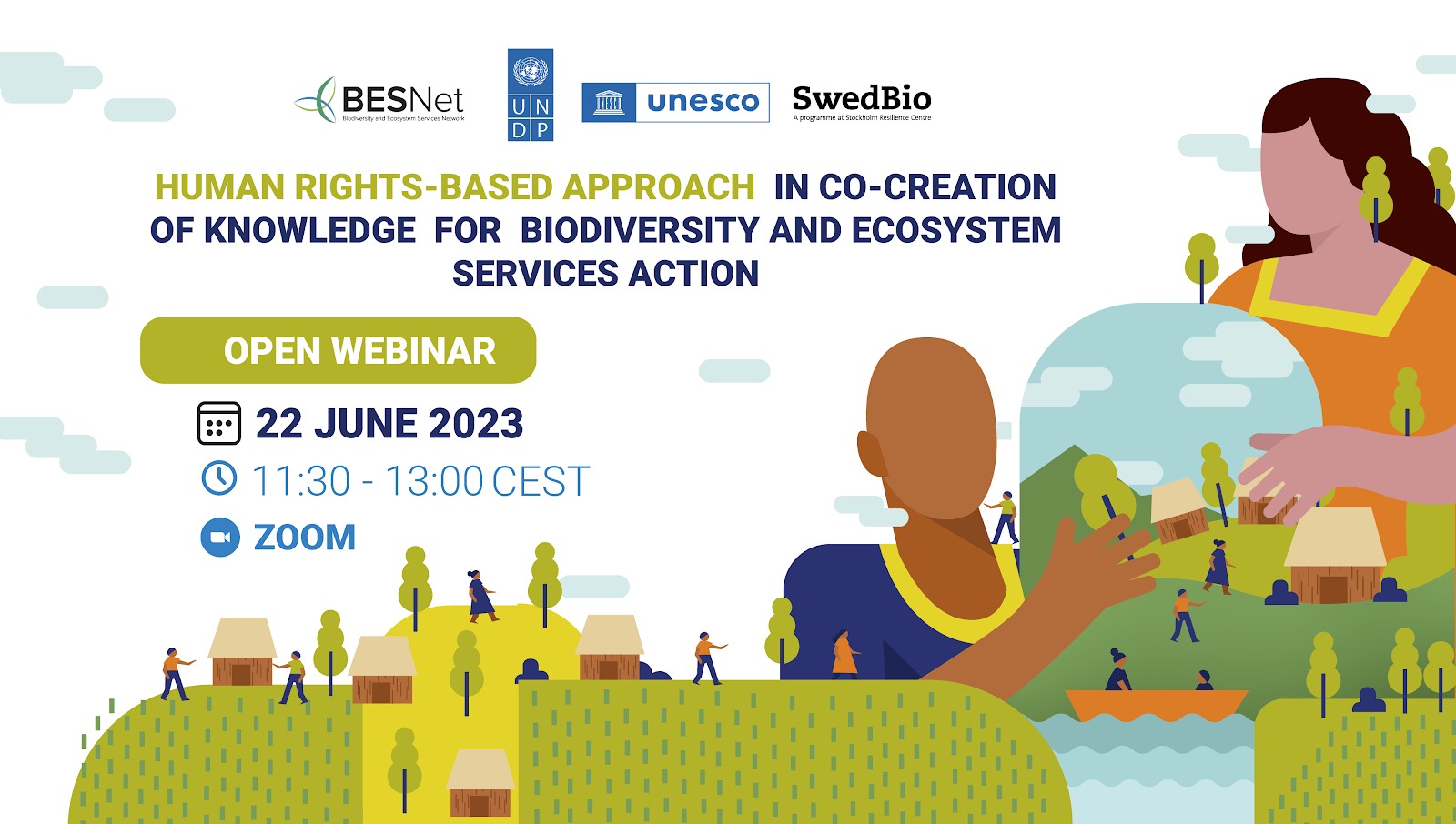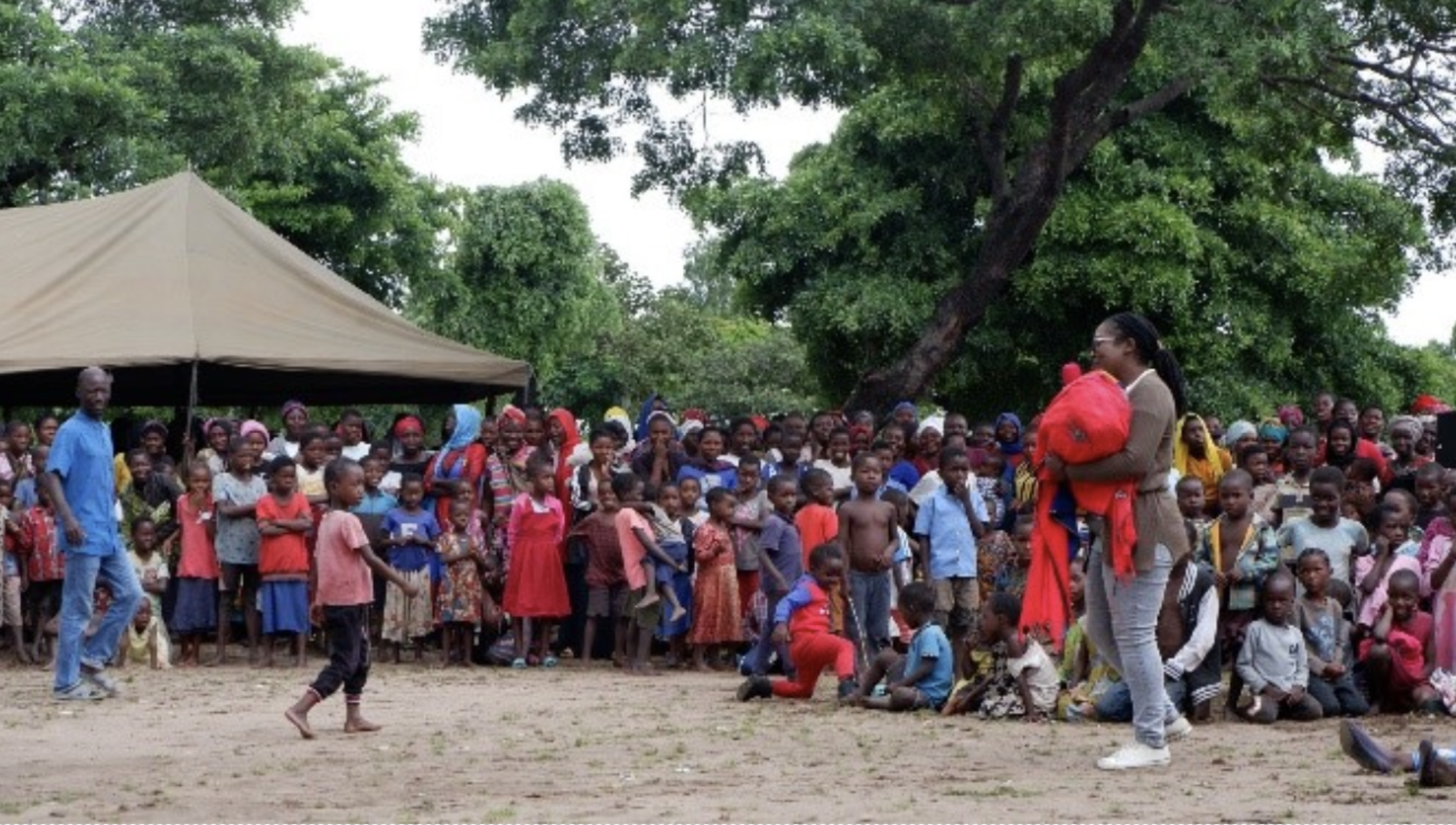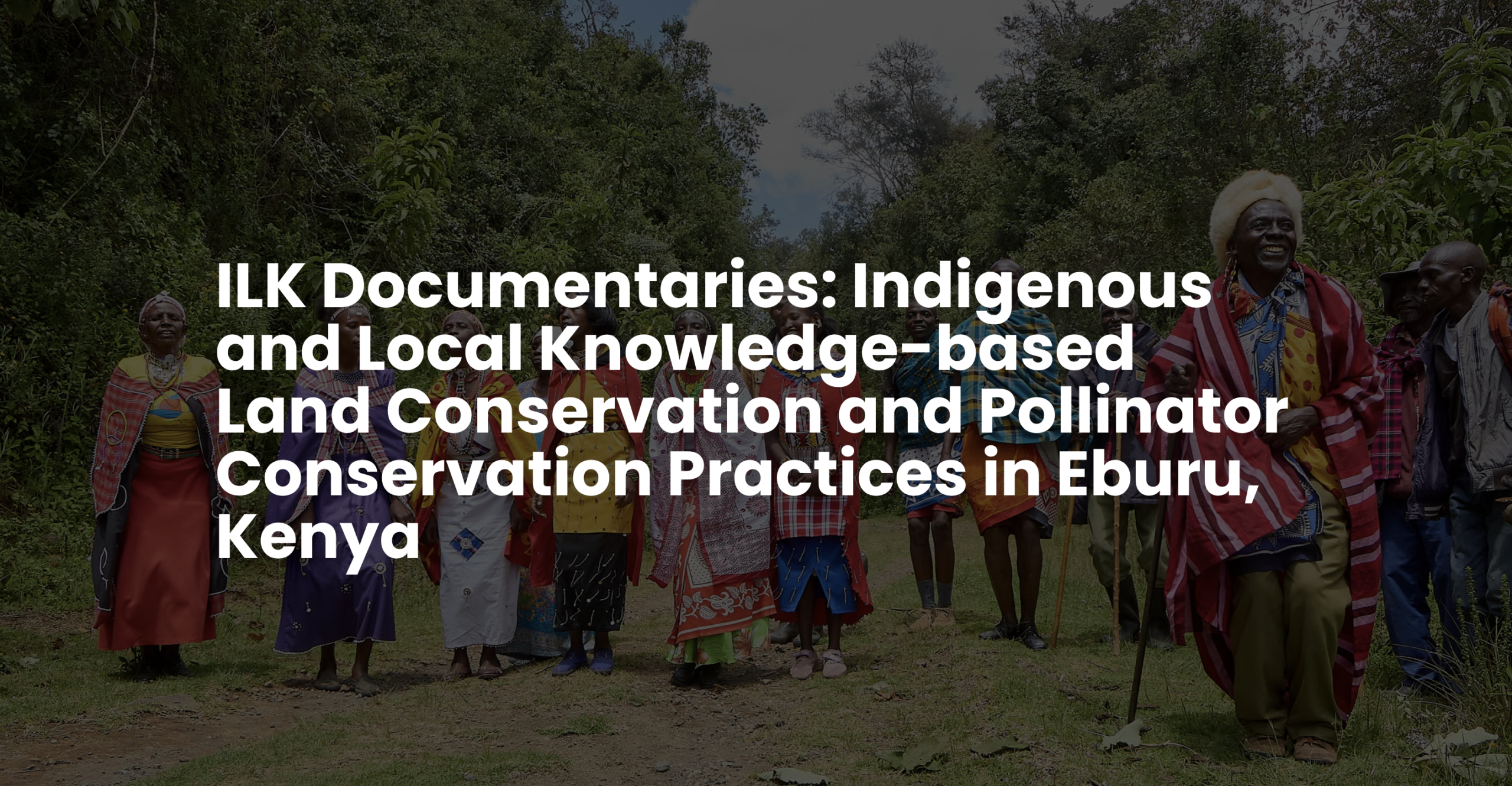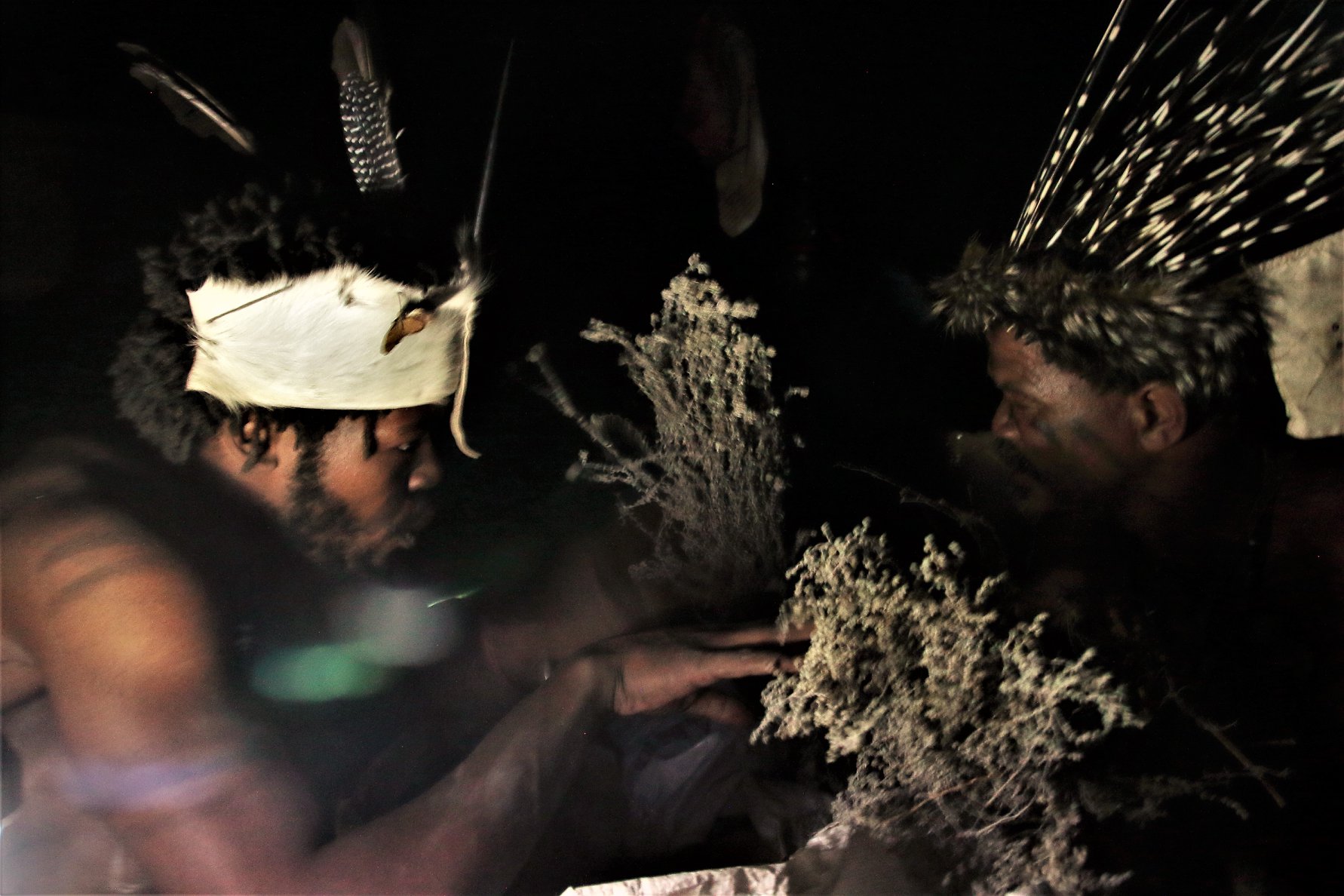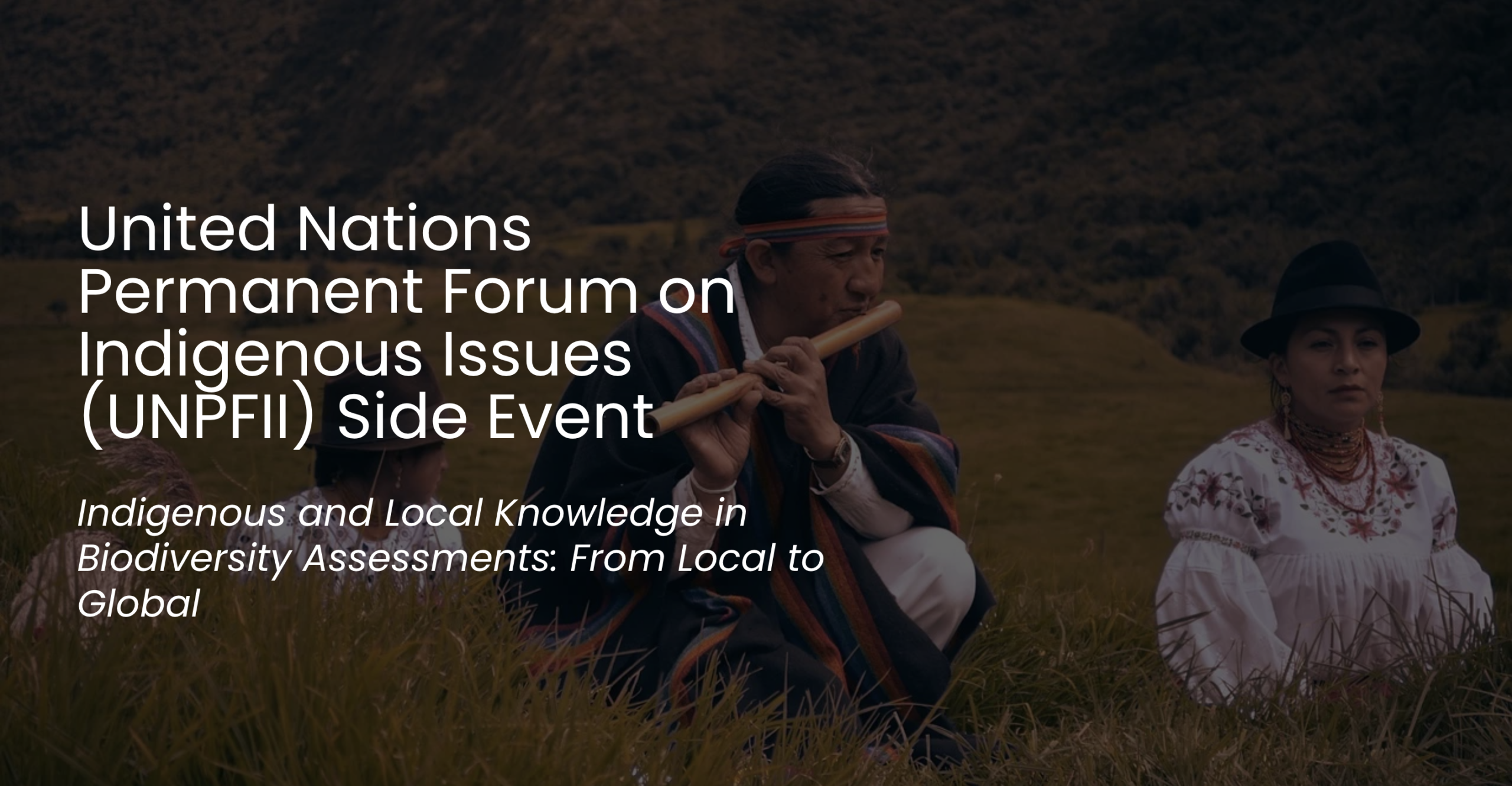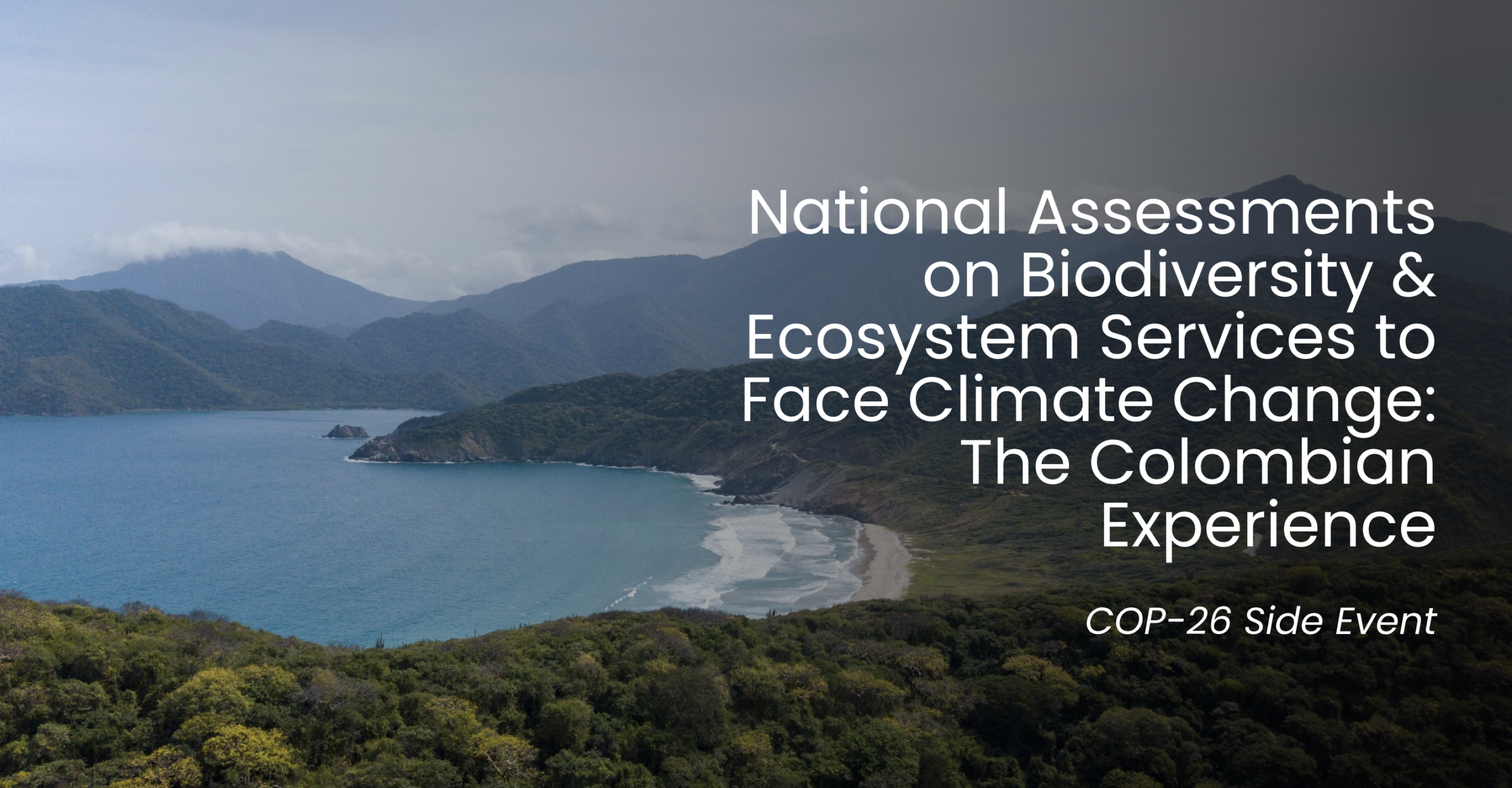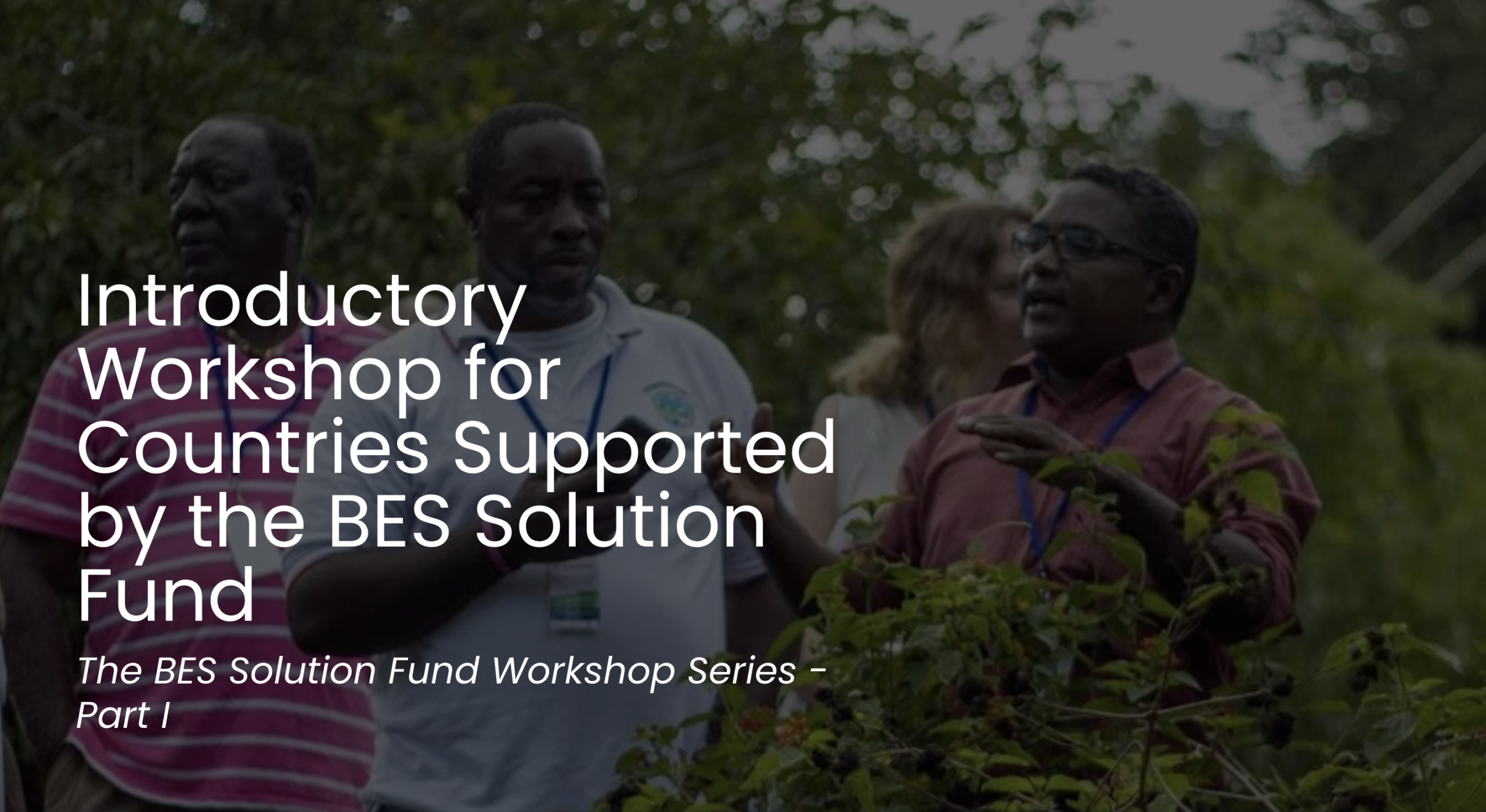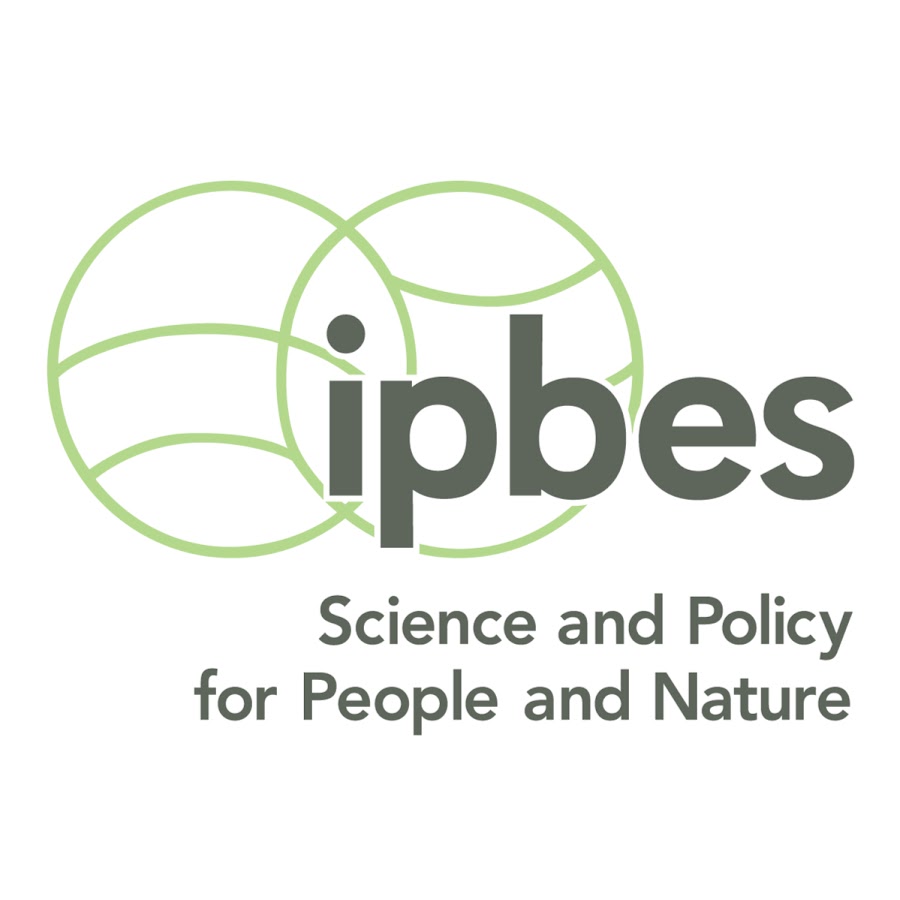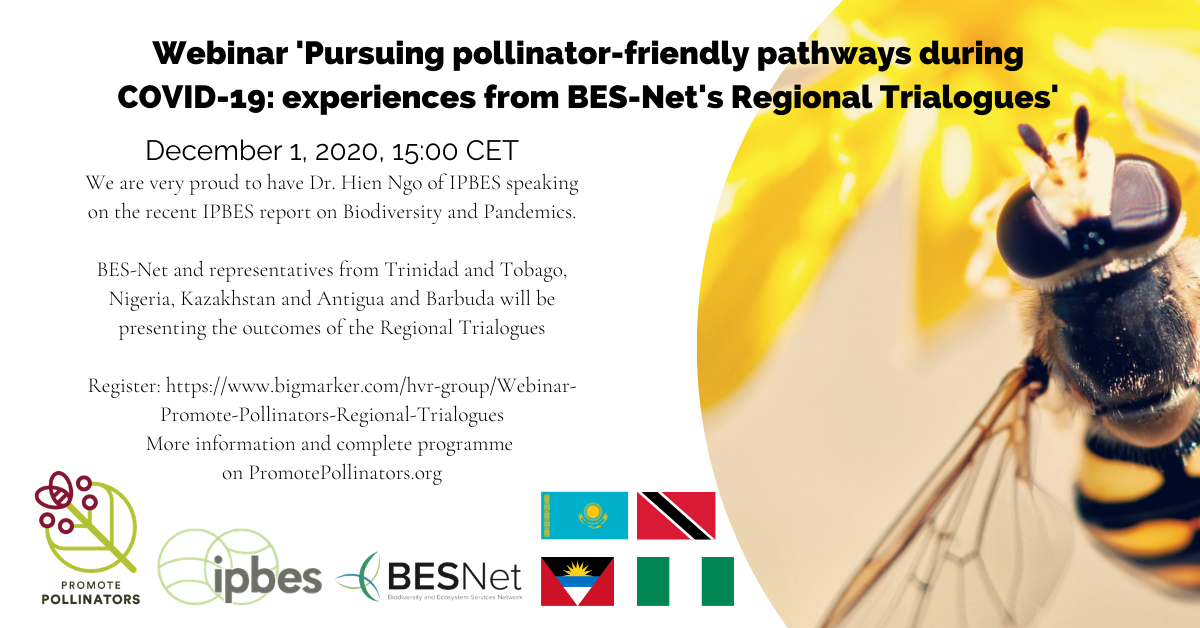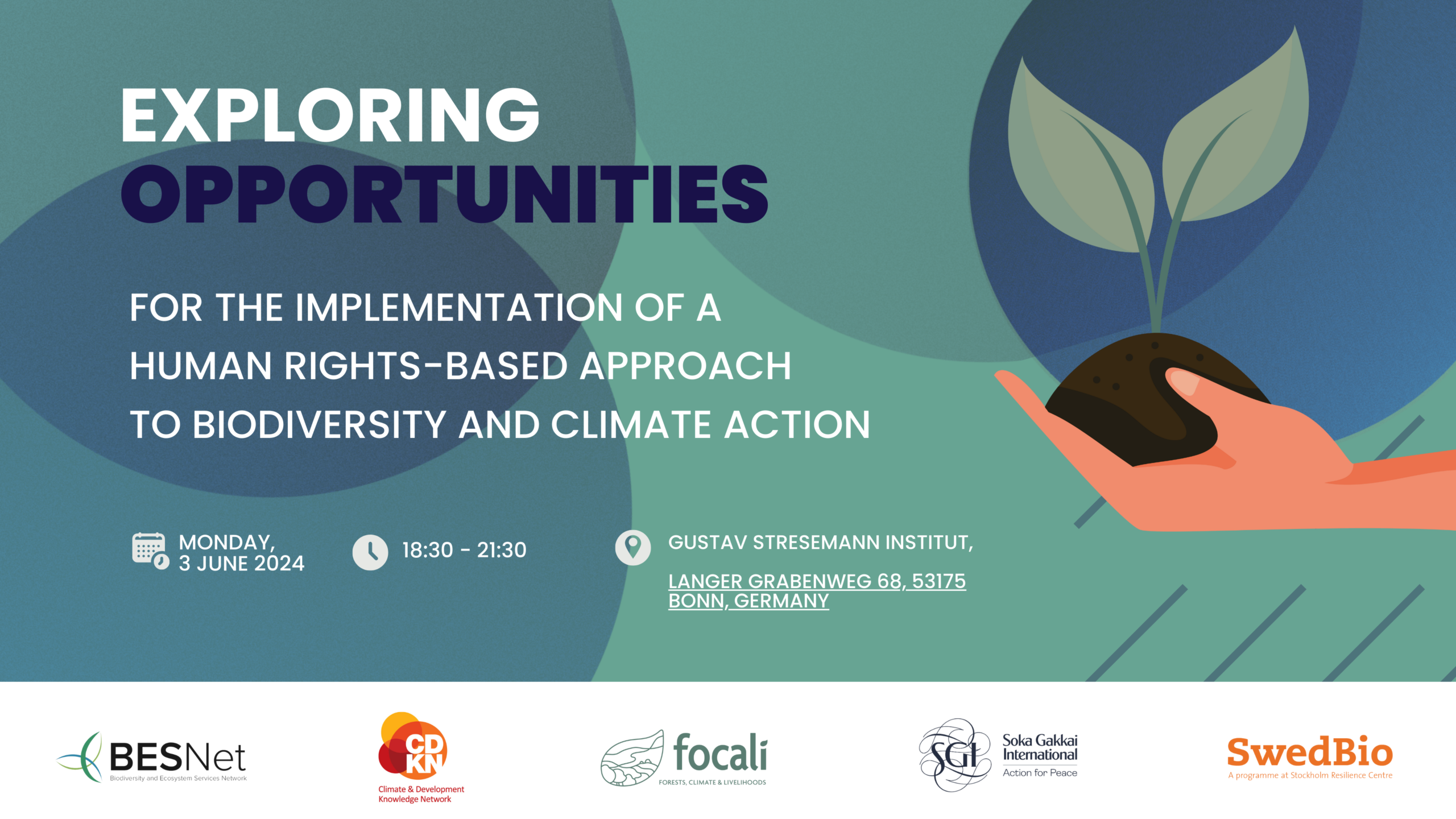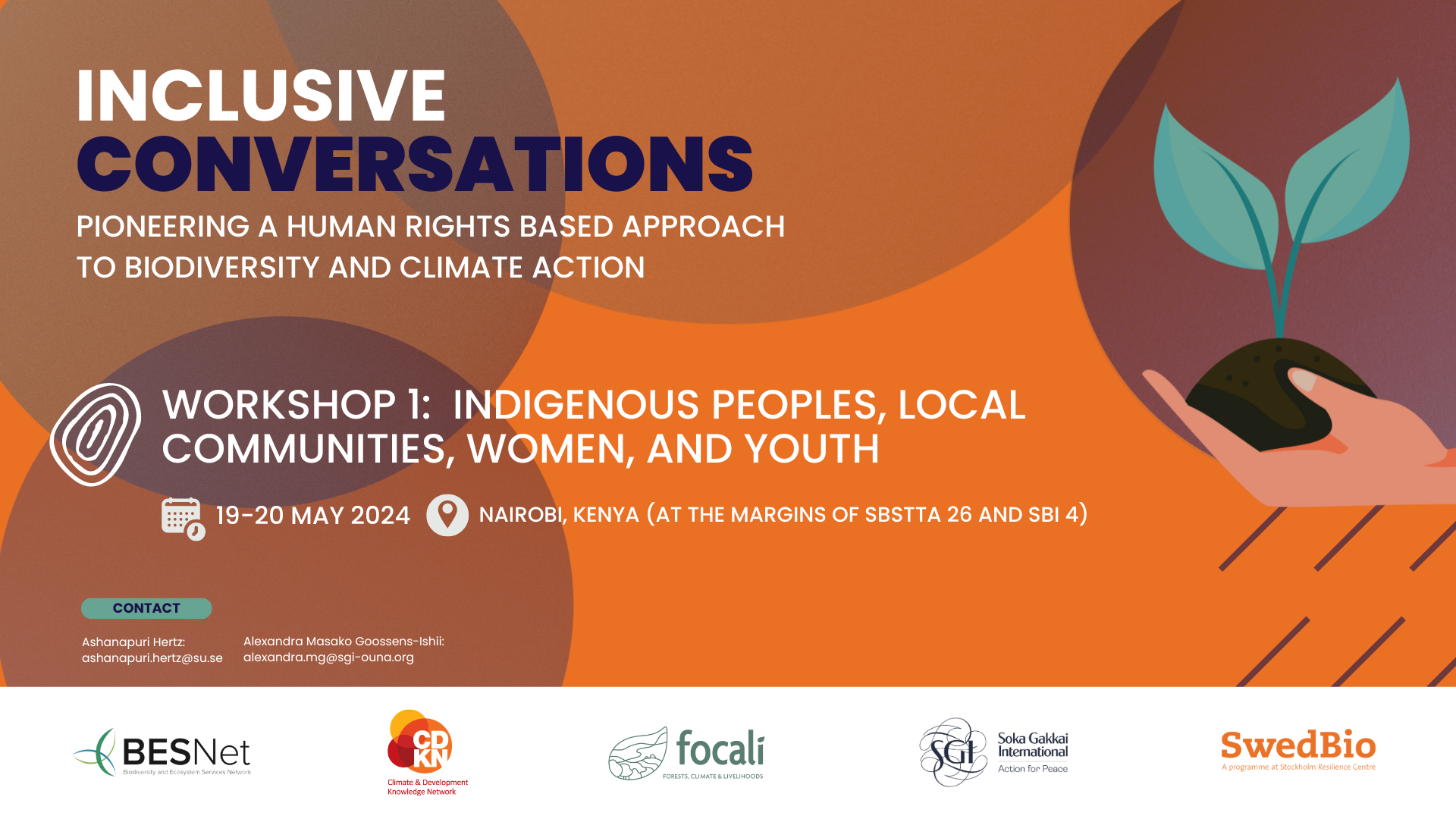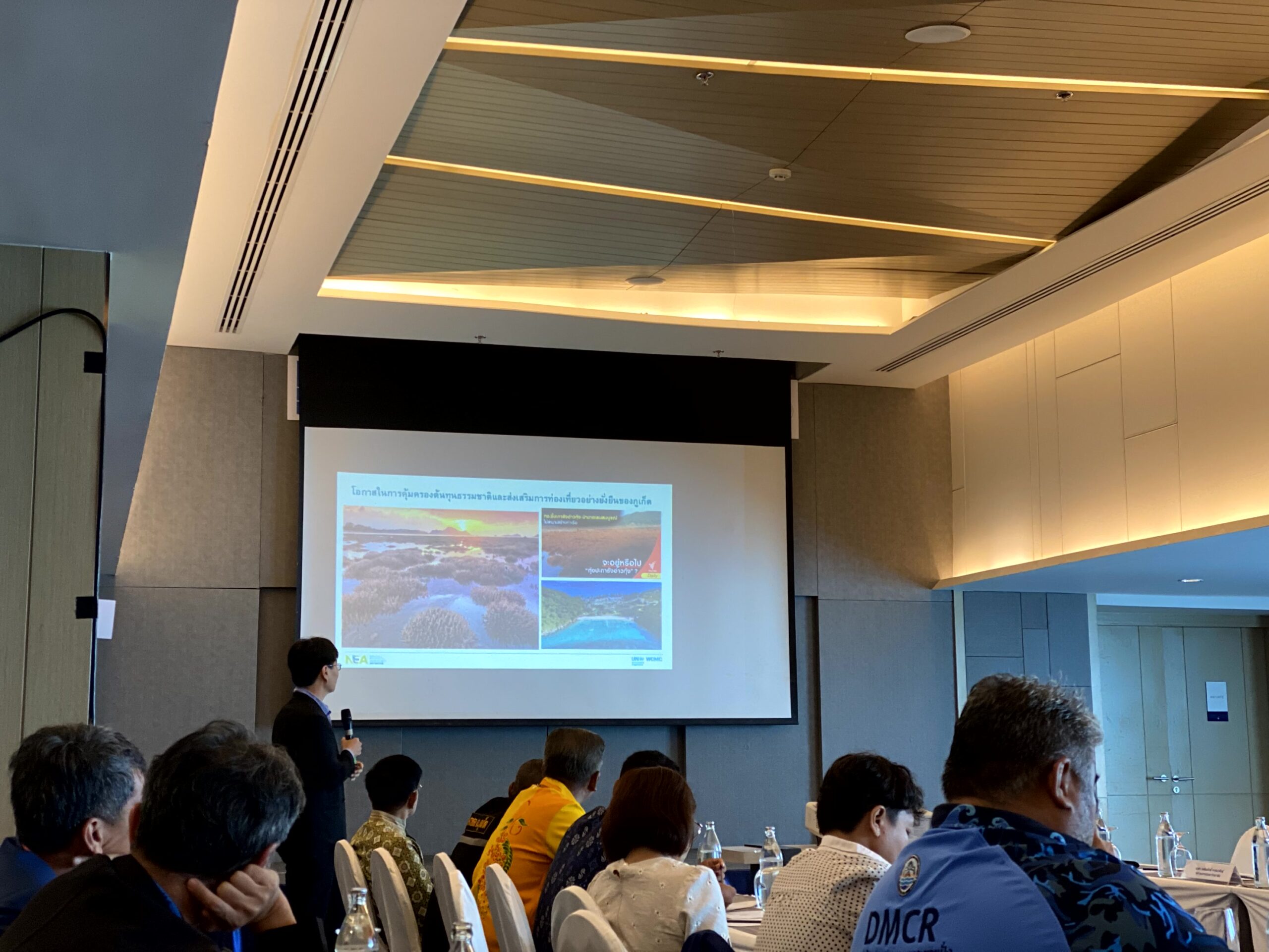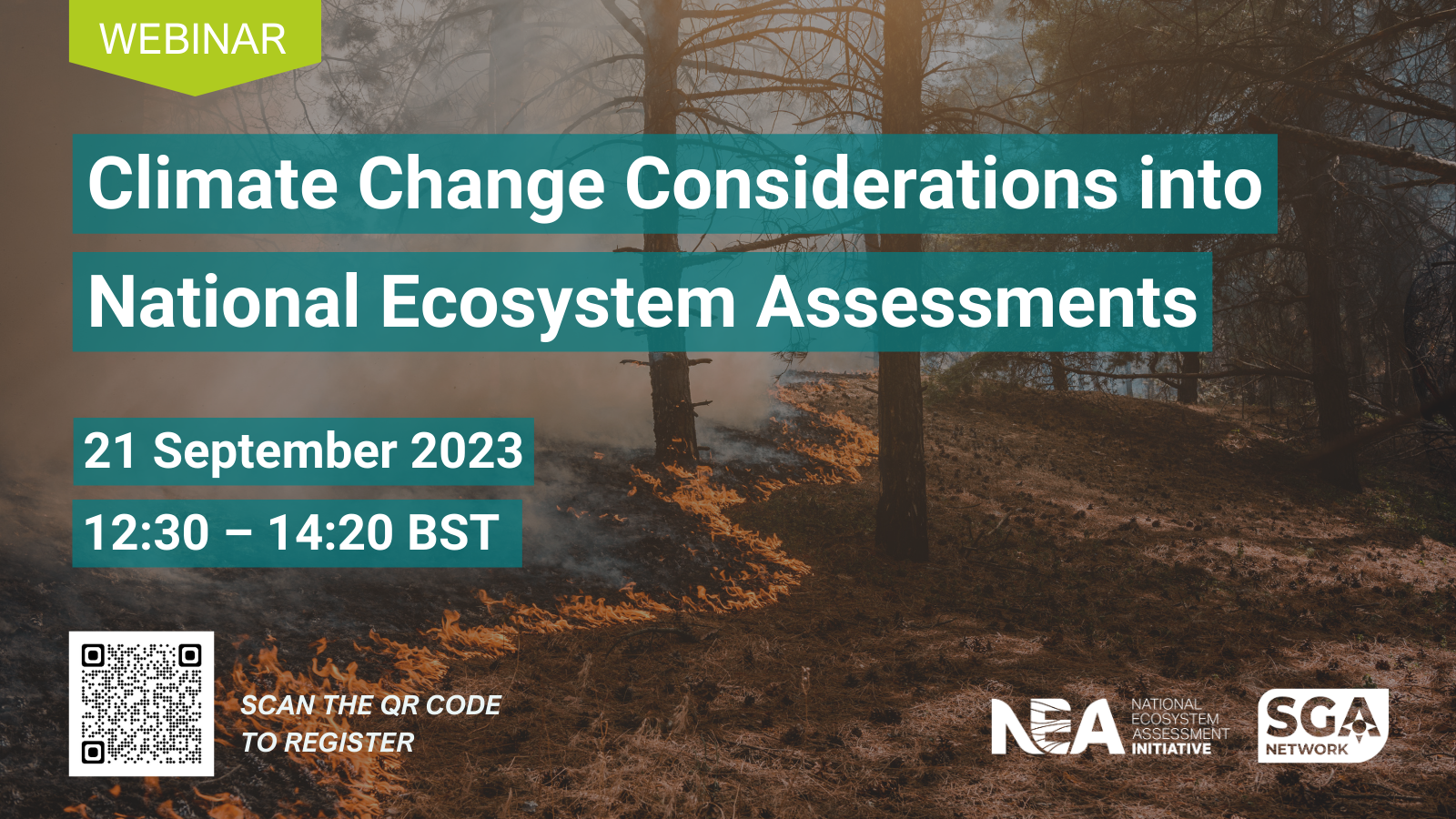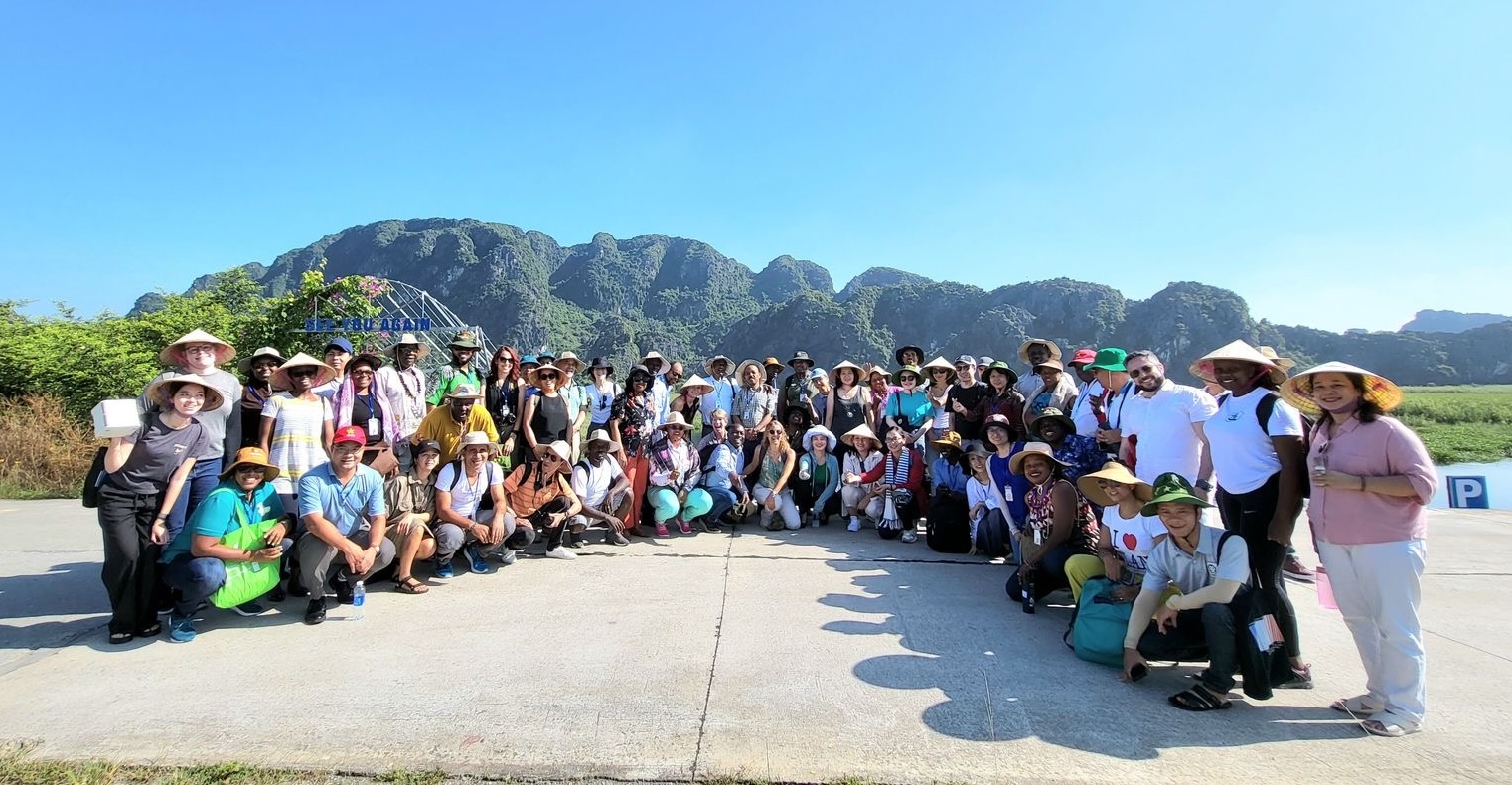The health of rivers is key to the prosperity and survival of human societies, and yet the limited data available shows that rivers are suffering a steady decline and are underrepresented in sustainable development agendas. Even where such agreements acknowledge that river health is important, implementation is hampered by inadequate global-scale indicators and a lack of coherent monitoring efforts. Consequently, there is no reliable basis for tracking global trends in river health, assessing the impacts of international agreements on river ecosystems, or guiding global investments in river management to priority issues or regions.
To address this issue, the CGIAR Initiative on NEXUS Gains reviewed national and regional approaches for river health monitoring to develop a comprehensive set of scalable indicators that can support “top-down” global surveillance while also facilitating standardized “bottom-up” local monitoring efforts.
This webinar will:
- Evaluate the readiness of these indicators for implementation at a global scale.
- Chart a road map that identifies data and technical priorities and opportunities to advance global river health monitoring by 2030.
- Present recommendations for coordinated action and investment by policy makers, research funders, and scientists to develop and implement the framework to support conservation and restoration of river health globally.
Moderator
- Chris Dickens, International Water Management Institute (IWMI) – Welcome and introduction
Speakers
- David Tickner, World Wide Fund for Nature (WWF) – Overview of river health monitoring, focusing on the global perspective
- Lauren Kuehne, Omfishient Consulting – The future of global river health monitoring
Panelists
- Abby Lynch, United States Geological Survey (USGS) – Perspective on biodiversity
- Mpho Sadiki, Digital Earth Africa – Perspective on digital solutions




